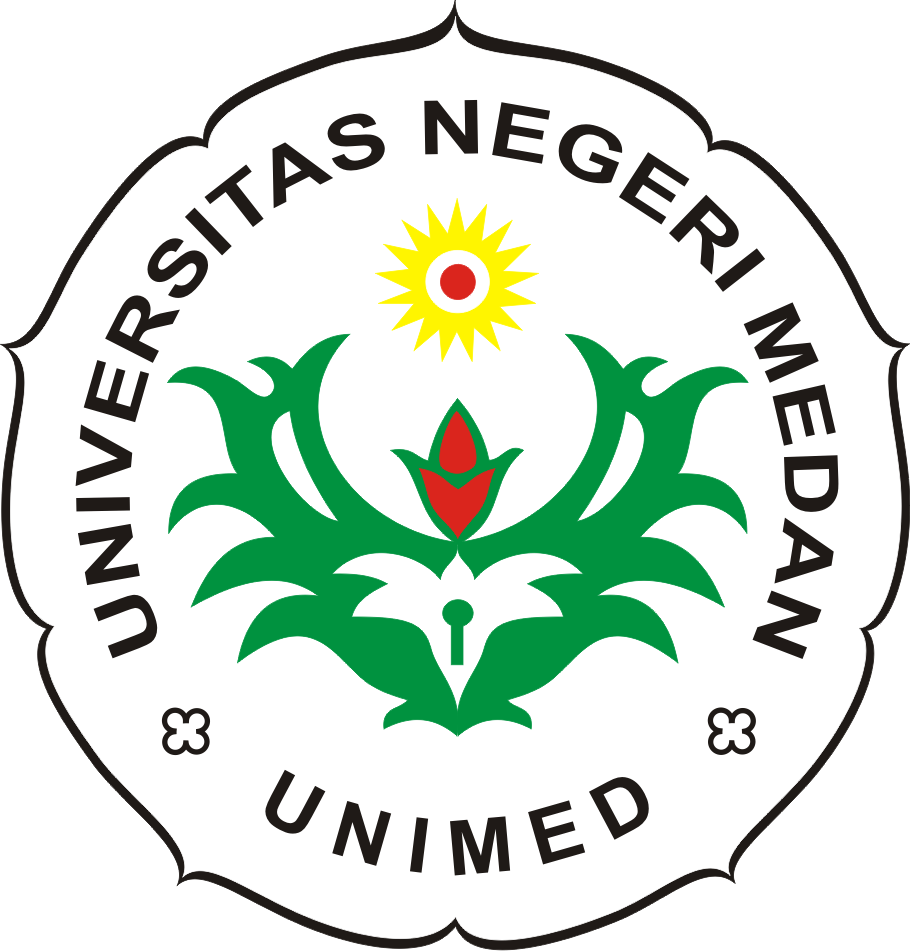MORPHOLOGICAL AWARENESS IN TASK COMPLETION AND TEXT PROCESSING
DOI:
https://doi.org/10.24114/reg.v11i2.35845Abstract
The objectives of this study were to investigate the way of how morphological awareness tasks completion relates to morphological awareness in text processing and to find out the reason why the relation occurs the way it does. This study was conducted by using descriptive qualitative design. The participants were the students grade 8 of SMP Budi Murni Medan which consists of 25 students. This study revealed that there is different consistency between Text Processing Awareness and Completion Task for derivational morpheme and inflectional morphology. It was concluded that completion task is suitable for inflectional morpheme while for derivational morpheme it does not totally measure awareness, most of them measure ability to produce word. Furthermore, judgment task is the simplest of three tasks that measure the students™ awareness about morphological complex words. Some of the students have less awareness due to lack of vocabulary knowledge and the high frequency of words given.Keywords: morphological awareness, task completion, text processingDownloads
Published
Issue
Section
License
Copyright (c) 2022 Desi Marisi, Berlin Sibarani

This work is licensed under a Creative Commons Attribution-ShareAlike 4.0 International License.
Authors who publish with this journal agree with the following terms:
- Authors retain copyright and grant the journal right of first publication with the work simultaneously licensed under a Creative Commons Attribution License that allows others to share the work with an acknowledgment of the work's authorship and initial publication in this journal.
- Authors are able to enter into separate, additional contractual arrangements for the non-exclusive distribution of the journal's published version of the work (e.g., post it to an institutional repository or publish it in a book), with an acknowledgement of its initial publication in this journal.
- Authors are permitted and encouraged to post their work online (e.g., in institutional repositories or on their website) prior to and during the submission process, as it can lead to productive exchanges, as well as earlier and greater citation of published work (See The Effect of Open Access).
- This work is licensed under a Creative Commons Attribution-ShareAlike 4.0 International License.






